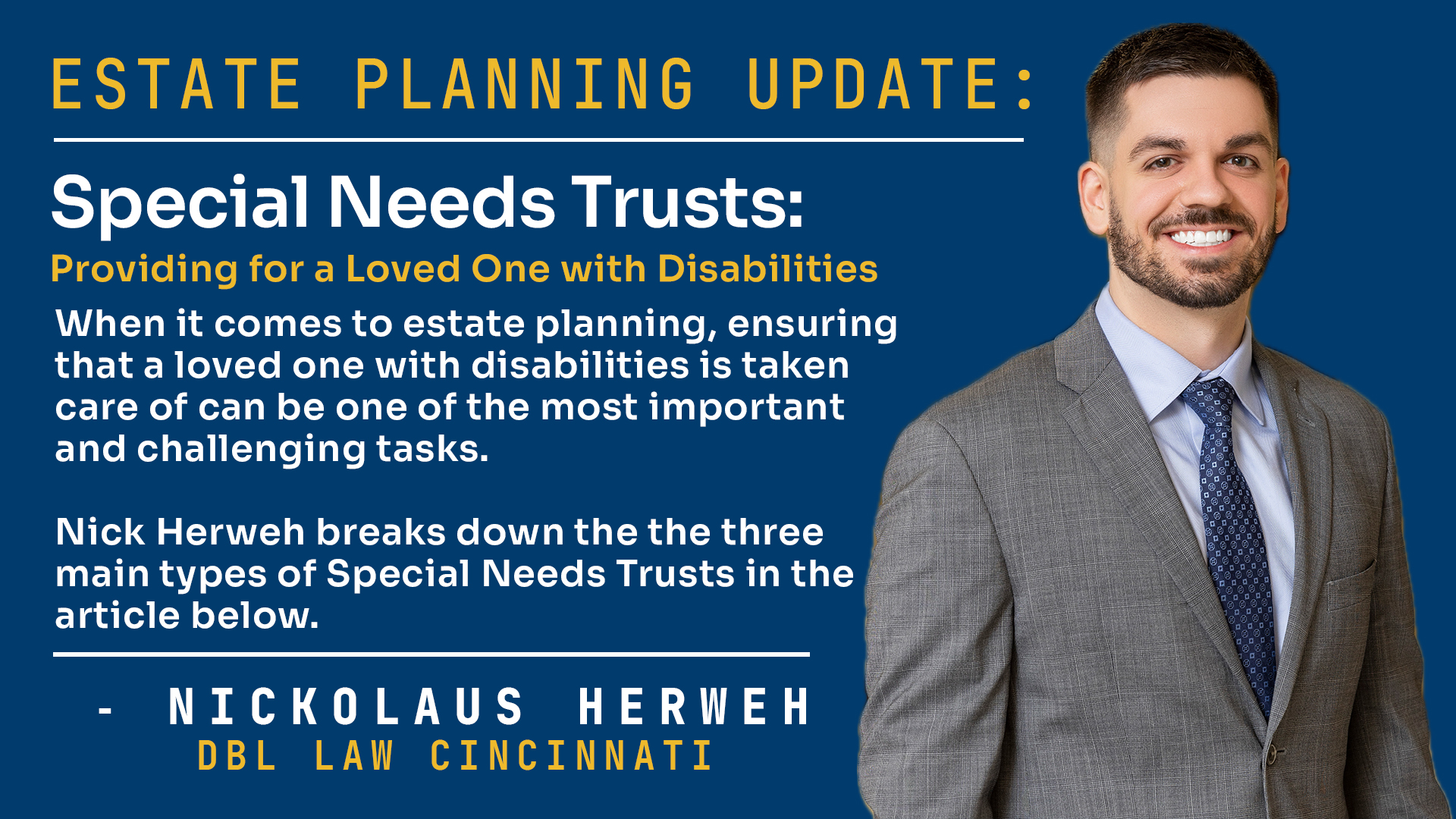When planning for the future, one of the most important decisions you’ll make is how to pass on your assets. Two common tools in estate planning are Wills and Trusts—each with its own set of advantages and considerations. Understanding the key differences can help you make the best choice for your family and financial situation.
What is a Will?
A Will is a legal document that outlines your wishes for how your assets should be distributed after your death. It also allows you to name guardians for minor children and an executor to manage your estate.
Pros of a Will:
- Simple & Cost-Effective: Wills are generally easier and more affordable to set up than trusts.
- Appoints Guardianship: Allows you to designate a guardian for your children.
- Public Record: Filed in probate court, which can provide some oversight.
Cons of a Will:
- Probate Required: A Will must go through probate—a public and often time-consuming court process.
- No Privacy: Because probate is public, anyone can access your Will and estate details.
- Delayed Access to Assets: Beneficiaries may have to wait months or longer to receive their inheritance.
- Limited Control Over Distributions: Does not offer long-term control over how and when assets are distributed.
What is a Trust?
A Trust, often a Revocable Living Trust, is a legal arrangement that allows a trustee to hold and manage assets on behalf of beneficiaries. Trusts can take effect during your lifetime and continue after your death.
Pros of a Trust:
- Avoids Probate: Assets in a trust bypass probate, allowing faster and more private distributions.
- Greater Control: You can set conditions for distributions (e.g., age milestones, education goals).
- Privacy: Trusts are not public records—your estate details remain confidential.
- Continuity: Useful for managing assets in the event of incapacity or disability.
Cons of a Trust:
- Cost & Complexity: Trusts require more time and money to set up and properly fund.
- Upkeep Required: You must actively transfer assets into the trust and maintain it.
- No Guardianship Designation: A separate Will is still needed to name guardians for minor children.
Which Is Right for You?
Choosing between a Will and a Trust depends on your personal goals, asset types, family dynamics, and your desire for privacy and control. Many estate plans benefit from having both a Will and a Trust working in tandem.
At DBL Law, we tailor estate plans to your specific needs, offering thoughtful guidance every step of the way.
Start Planning Today
To learn more or schedule a consultation with Nickolaus Herweh or a member of our Estate Planning Practice Group, contact DBL Law or specifically to Nickolaus at 513-357-7676 / nherweh@dbllaw.com.




